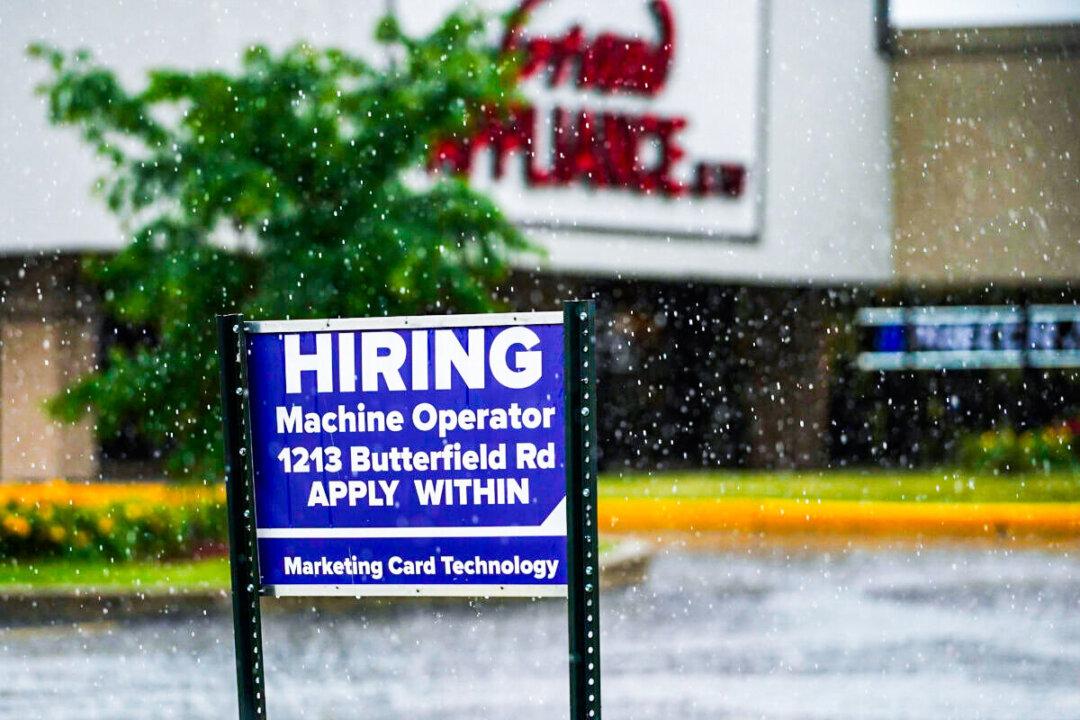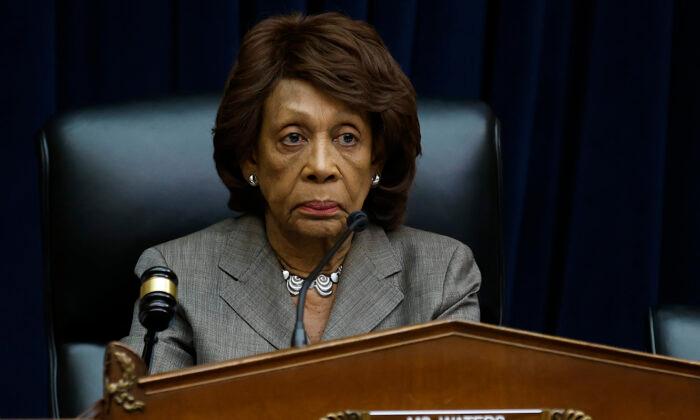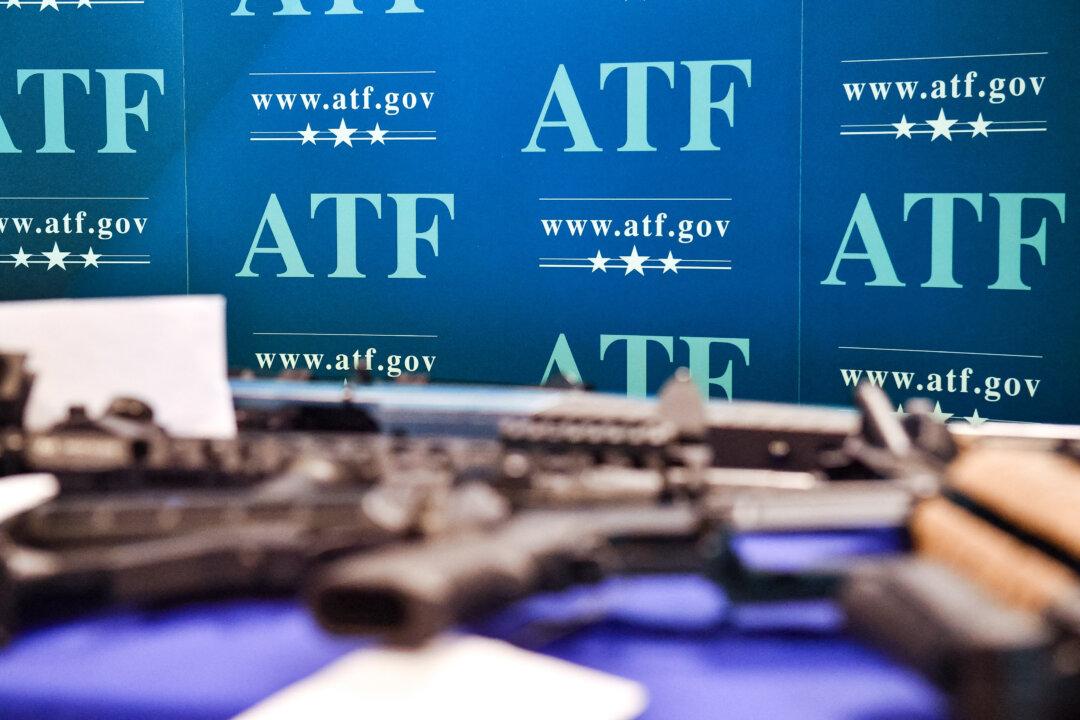Two of the three founders of cryptocurrency mixing service Tornado Cash were charged by the Department of Justice (DOJ) on Aug. 23 for allegedly facilitating hackers and fraudsters to launder more than $1 billion.
Roman Storm, from Washington state, and Roman Semenov, a Russian native, were charged with conspiracy to commit money laundering, conspiracy to commit sanctions violations, and conspiracy to operate an unlicensed money-transmitting business.
According to prosecutors, from at least 2019 until August 2022, Mr. Storm and Mr. Semenov developed, marketed, and operated the cryptocurrency mixing service Tornado Cash, which was able to mix cryptocurrencies together, thus concealing the origin or destination of the payment and allowing users to carry out anonymous financial transactions.
Although the service was used by many as a legitimate way to protect their privacy, prosecutors allege that Mr. Storm and Mr. Semenov were aware that Tornado Cash was also regularly being used as a “safe haven” for criminals to engage in large-scale money laundering and sanctions evasion.
$1 Billion in Money Laundering Transactions
“Storm and Semenov allegedly knew that the Tornado Cash service they were operating was engaging in these sanctions-violating transactions,” prosecutors said. “They implemented a change in the service so they could make a public announcement that they were compliant with sanctions, but in their private chats they agreed that this change would be ineffective.”“They then continued to operate the Tornado Cash service and facilitate hundreds of millions of dollars in further sanctions-violating transactions, helping the Lazarus Group to transfer criminal proceeds from a cryptocurrency wallet that had been designated by the Office of Foreign Assets Control (OFAC) as blocked property,” prosecutors said.
The DOJ further accused Mr. Storm and Mr. Semenov of having failed to implement know-your-customer or anti-money laundering programs as required by law, which allowed criminals to launder billions in funds through Tornado Cash, despite regularly receiving complaints and requests for help from victims of hacking and other cybercrime.
‘Neither Untraceable Nor Anonymous’
Tornado Cash was sanctioned in August 2022 by the Treasury Department’s Office of Foreign Assets Control (OFAC) which said the mixing service had been used to launder more than $7 billion worth of virtual currency since its creation in 2019.The government later issued guidance for users who were using the service for lawful transactions to lawfully withdraw their funds.
“These charges should serve as yet another warning to those who think they can turn to cryptocurrency to conceal their crimes and hide their identities, including cryptocurrency mixers: it does not matter how sophisticated your scheme is or how many attempts you have made to anonymize yourself, the Justice Department will find you and hold you accountable for your crimes,” Attorney General Merrick Garland said in a statement following the announcement of the criminal indictment.
According to the DOJ, both Mr. Storm and Mr. Semenov were charged with one count of conspiracy to commit money laundering and one count of conspiracy to violate the International Economic Emergency Powers Act, each of which carries a maximum penalty of 20 years in prison.
They were also each charged with conspiracy to operate an unlicensed money-transmitting business, which carries a maximum penalty of five years behind bars.
“Today’s announcement should remind criminal organizations everywhere in the world that they are neither untraceable nor anonymous,” said FBI Director Christopher Wray in a press release announcing the charges. “You can’t hide from us behind a keyboard—whether you’re a hacker or facilitator.”
“As we have with this operation, the FBI is going to keep dismantling the infrastructure used by cyber criminals to commit and profit from their crimes, and holding anyone who assists those criminals accountable,” the FBI director added.
Separately, the OFAC also sanctioned Mr. Semenov on Wednesday for his role in providing “material support” to Tornado Cash and to the Lazarus Group.







